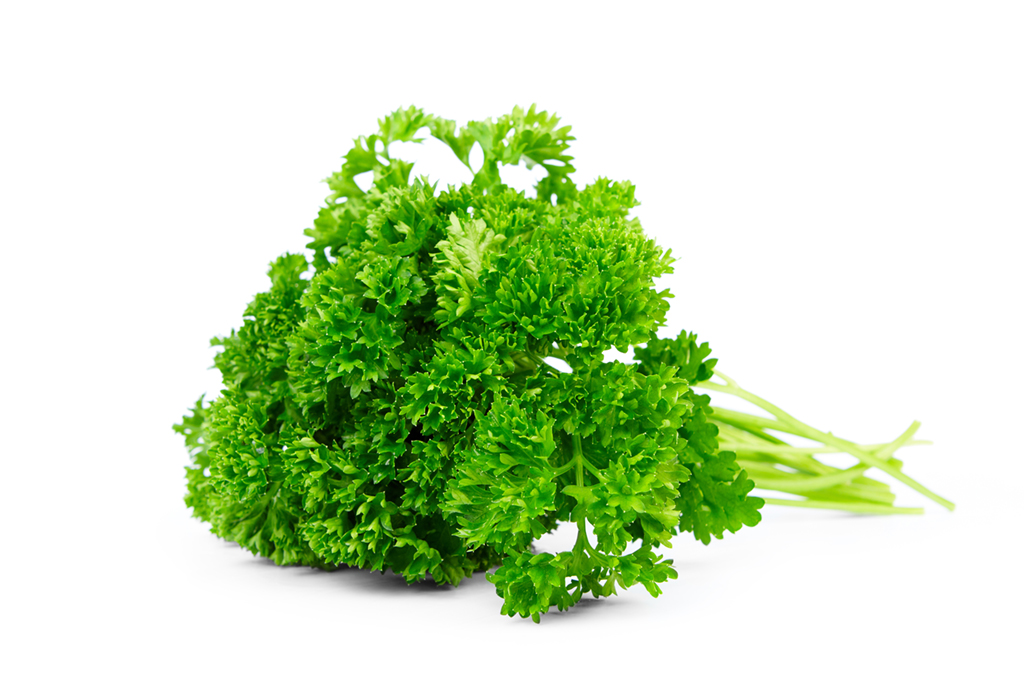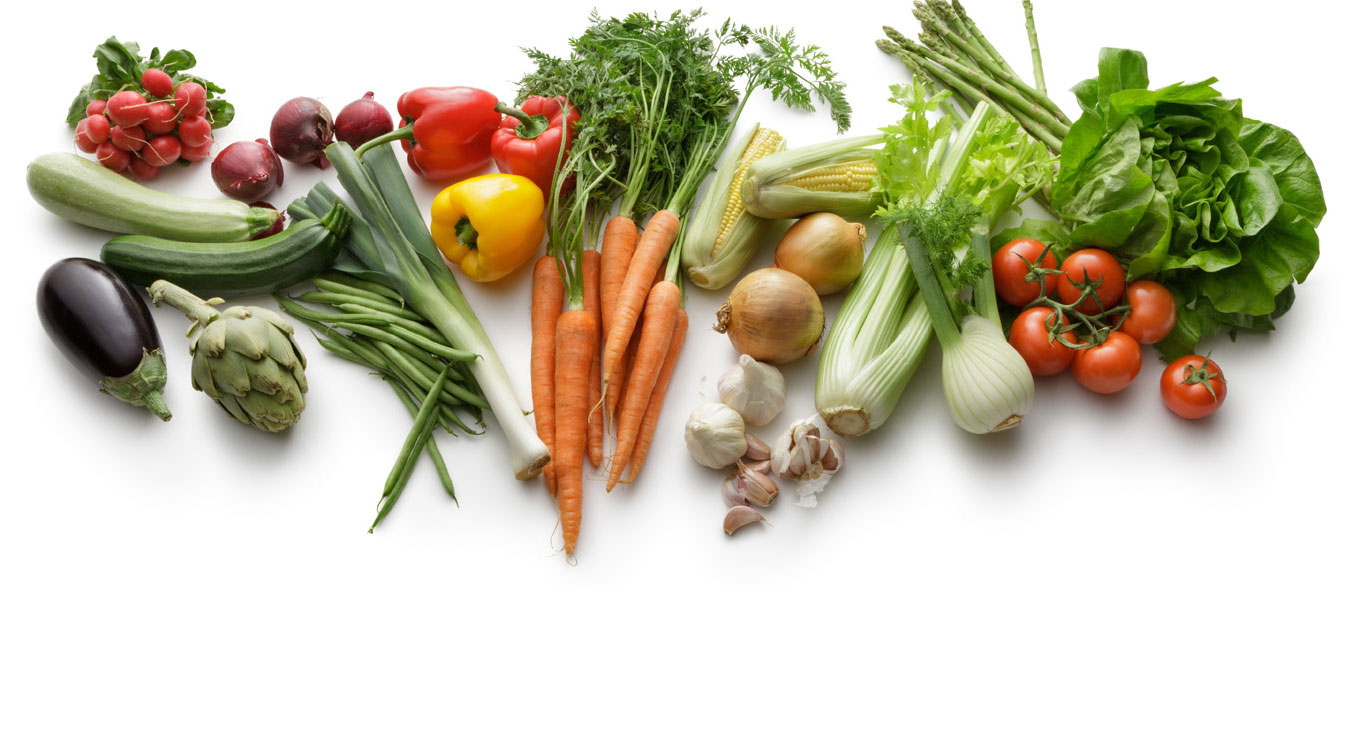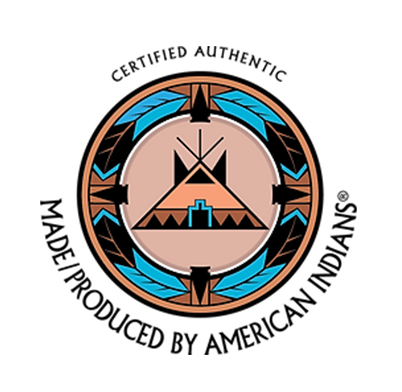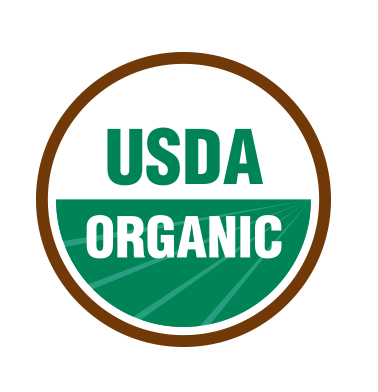Organic Farming vs.
Conventional Farming
Organic Farming vs.
Conventional Farming
Creating healthy, organic foods is about much more than what we don’t use on our crops. Organic farming encompasses many practices that are designed to not only create healthy produce, but also to protect the environment and create a sustainable system.
Temalpakh Farm is proud to follow organic farming practices. Not only do our practices create the nutritious and delicious food that we are proud to offer, but they also contribute to our goals of protecting and nourishing the earth so that it continues to serve generation after generation. We only have one planet, and we are committed to caring for it so that it can continue to protect and care for us.
What is Organic Farming?
Organic farming generally encompasses practices that are dictated by the U.S. Department of Agriculture to qualify the food for organic labeling. However, not all farms employ organic practices in order to get this label, and many farms incorporate additional practices that are not outlined in these federal guidelines.
Generally speaking, organic farming does not use genetically modified crops or seeds, nor does it use any synthetic materials, such as pesticides or fertilizers. Instead, it employs natural methods for the control of pests, such as the planting of crops that repel pests. It also uses natural fertilizing methods, such as composting.
Organic farming is not just concerned with the quality of food raised, but also the health of the land. It employs practices that reduce erosion, keep more nutrients in the soil (such as crop rotation), and reduce emissions and pollution.

Organic Certification
Farms can get organic certification to show their commitment to producing organic foods. In order to get this certification, farms must follow a long list of standards regulating how they grow their food and how their farming practices affect the land. To become organic-certified, farms must show that they are creating foods using organic methods (in both the growing and processing stages), that no prohibited substances are being applied to their lands (or have been for at least three years), and that they are employing crop rotation and a soil building plan. These farms must also keep detailed records and must submit to an inspection of their fields and processes each year.
What is Conventional Farming?
Conventional farming is focused more on profit than environmental health or preservation. Therefore, it employs practices designed to grow food faster, in greater quantities, and in greater size or weight. Conventional farming heavily relies on the use of synthetic and harmful pesticides to remove threats to crops and synthetic fertilizers to encourage huge yields. Farms that grow livestock also feed the animals synthetic feed and treat them with hormones and other agents to encourage their growth and reduce illness.
Conventional farming plants on all available land over and over again until it cannot be used. It creates significant runoff and both air and water pollution.
Some farms just grow their produce, and other farms grow and package it. A farm that also packages its produce – and facilities that are solely responsible for the packaging of produce – must meet the following criteria for food to be labeled organic:
- Maintain strict separation of organic and non-organic products
- Keep all synthetic products, such as pesticides and preservatives, separate from organic products and produce
A much longer list of criteria is available for both the growth and packaging of organic produce, and it goes into great detail about all practices that must be followed, as well as what is prohibited. All of these criteria must be met in order for foods to be labeled as organic.
Third-party inspectors are responsible for checking up on the operations of farms and facilities that claim to produce organic foods to ensure that they meet these criteria. Anyone who is found to be violating these practices while still claiming that their food is organic will be heavily fined.
Soil Quality Impacts
Farming practices have a big impact on the soil. For example, conventional farming plants the same crops in the same places, season after season. This practice strips nutrients from the soil and causes it to become unbalanced, making it hard to grow anything there again. Organic farming practices crop rotation, which balances what nutrients are drawn from the soil, giving it time to replenish what is needed. The soil remains fertile year after year.
Other practices that impact soil quality include erosion control, the type of fertilizers used, and livestock management. The choices affect what kind of toxins or nutrients go into or stay in the soil.

Environmental Impacts
There are many ways that farming practices can impact the environment outside of soil quality. Conventional farming puts chemicals from pesticides and fertilizers into the soil and water, generates a lot of greenhouse gas emissions that pollute the air, and creates sick animals. Organic farming minimizes pollution to protect air, water, and soil quality, and it employs practices that promote biodiversity and health.
Impact on Human Health
Organic farming practices have a positive impact on human health. They create food that is free of harmful chemicals, they do not pollute the local water supply, and they do not harm local wildlife that is essential for pollinating or contributing to the food supply. Conventional farming practices negatively impact human health by putting chemicals and pollutants into the food they grow, the local water supply, and the ecosystem.
Cost and Accessibility
Organic farming results in food that is more affordable and, therefore, more accessible to more people. The food is not treated with preservatives, so it is sold closer to home, reducing the costs of distribution and passing those savings along to the consumer. Food grown by conventional farming is often more expensive because it is treated more, has more packaging, and is shipped longer distances.
Regulations
While there are regulations for conventional farming, there are many more for organic farming. Those stricter regulations ensure a higher quality of food production that will result in a higher quality product for consumers.
Organic Farming Myths
There are some misconceptions about organic farming, despite its many benefits. One of the biggest myths about organic farming is that it is either all or nothing — that organic farmers never use pesticides or synthetic materials. The truth is that some exceptions are allowed for pesticides or synthetics, but they must be on the USDA’s approved list. Overall, practices focus on natural pest management and fertilizing to get results.
Shop Organic
at Temalpakh Farm
Temalpakh Farm is committed to producing the highest quality organic foods that are accessible to all. We maintain organic certification, and we sell our produce directly to the community through our market and our weekly farm boxes. We also sell to local markets and restaurants through our wholesale program, helping more people access our healthy produce. It is all part of our commitment to build a stronger community and to preserve the earth so that it can continue to serve as a place where we can all flourish.
Temalpakh Farm was founded by the Augustine Band of Cahuilla Indians, and it is committed to creating a legacy that reflects our values and culture. We believe that the earth connects us all, and it is our duty to protect it. Every day, we are doing our part to make the earth a nurturing place, and we hope that you will join us in that mission.




